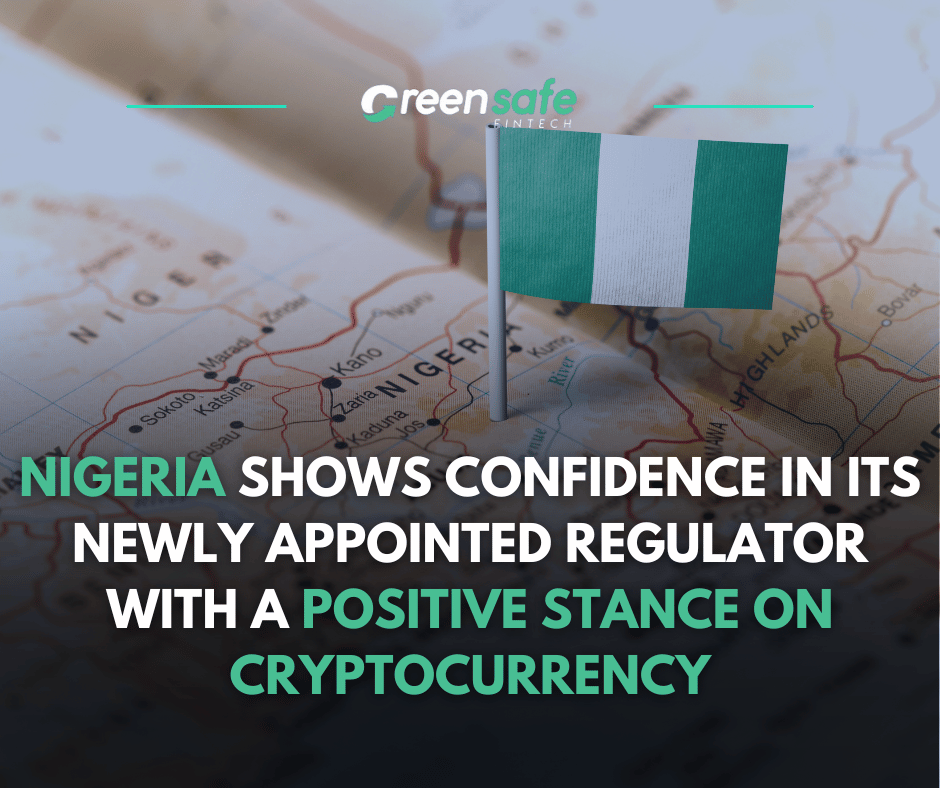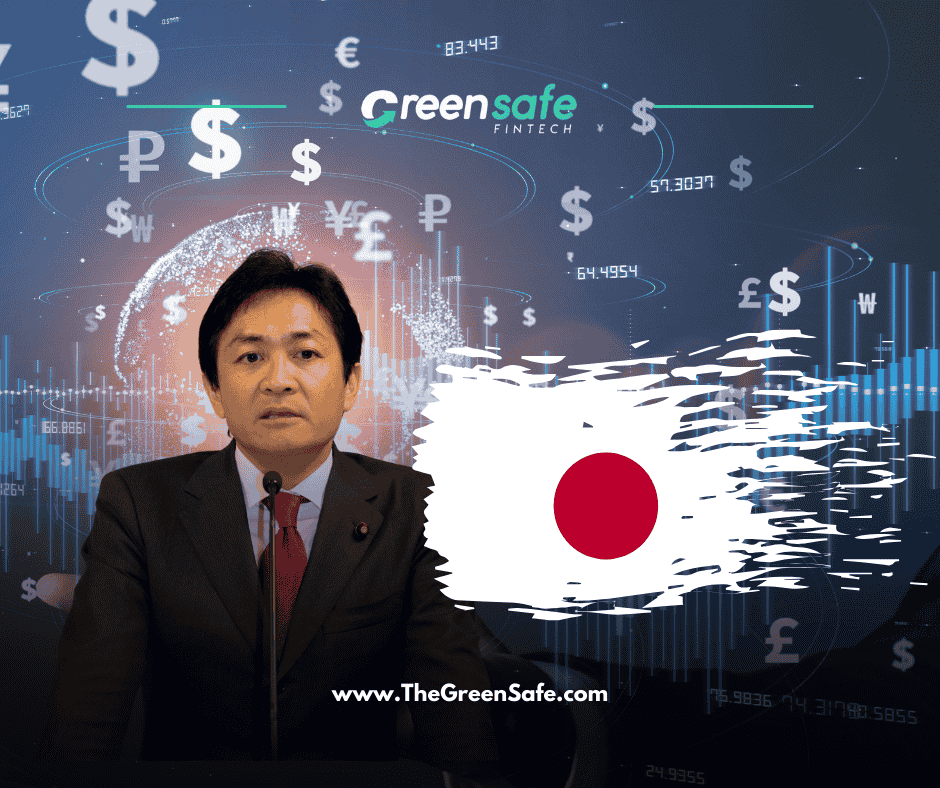Nigeria’s blockchain community has expressed optimism and trust in the newly appointed Director-General of the Securities and Exchange Commission (SEC). The new SEC Chair’s background supporting cryptocurrency is a valuable asset for the local crypto industry.
Appointed by Nigerian President Bola Ahmed Tinubu, Emomotimi Agama, the former managing director of the Nigerian Capital Market Institute (NCMI), assumes the role of SEC chair. This appointment aims to regulate the capital market, bolster investor confidence, and foster economic growth.
In discussions with Cointelegraph, local crypto stakeholders shared their perspectives on the appointment. Nathaniel Luz, CEO of Flincap—an over-the-counter crypto exchange—expressed enthusiasm, anticipating positive changes for the crypto sector due to the Director-General’s favorable stance on crypto. Luz emphasized the community’s anticipation of collaborative efforts with startups to streamline the licensing process for operating crypto platforms in Nigeria.
With the government set to issue licenses for crypto organizations this year, Luz believes facilitating the licensing process for numerous crypto startups will ensure compliance and operational stability for exchanges in the country. Similarly, Lucky Uwakwe, chair of the Blockchain Industry Coordinating Committee of Nigeria (BICCoN) and founder of SaBi Exchange, lauded the appointment as a “wise decision,” given the new Director-General’s extensive experience in blockchain and the capital market.
According to Luz, the new leader must explicitly affirm that cryptocurrency is not prohibited in Nigeria. Amid recent regulatory developments and uncertainties surrounding crypto regulations in the country, stakeholders are eager for unequivocal confirmation from leadership regarding the legality of crypto activities. Luz emphasized the need for the administration to distinguish the benefits of the crypto industry from potential issues faced by some exchanges, showcasing Nigeria’s openness to crypto business on a global scale.
In February, the Nigerian government utilized telecommunication providers to block local crypto users from accessing the websites of various crypto exchanges, including Binance and OctaFX. Subsequently, authorities accused Binance of illicitly transferring $26 billion out of the country and summoned the firm’s representatives for discussions. Following meetings with Nigerian officials, two Binance staff members were detained and charged with five counts related to money laundering. One of them, Nadeem Anjarwalla, evaded custody and was traced to Kenya, facing extradition proceedings there.












